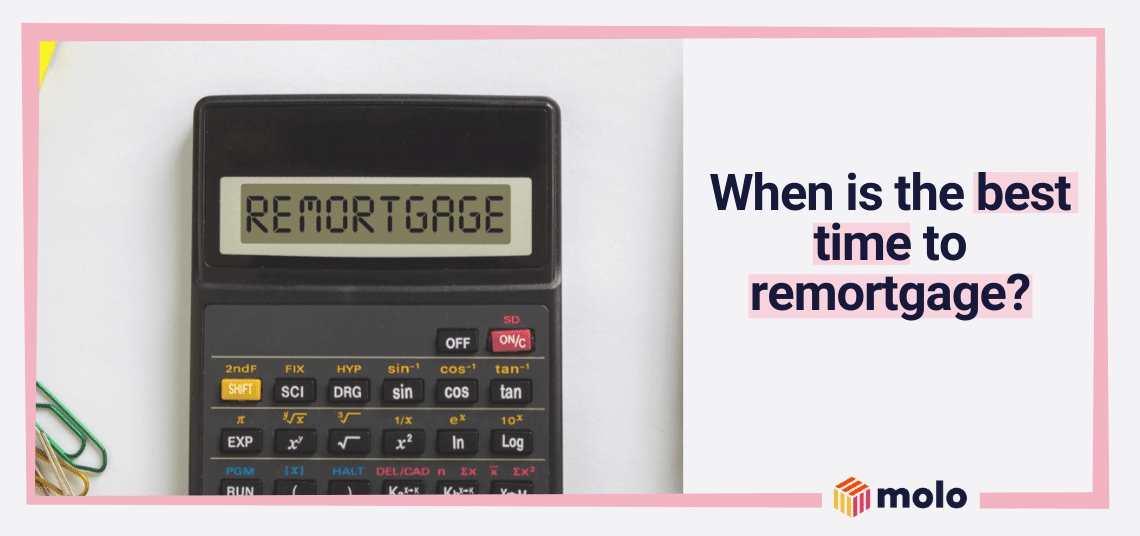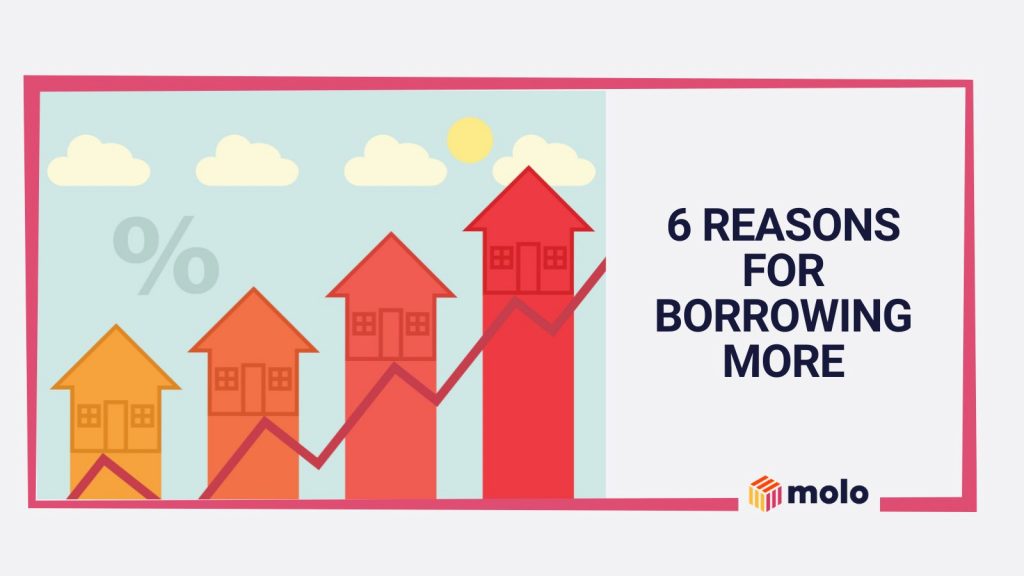Many people get a remortgage in the UK. More than 450,000 remortgages were approved in 2020 alone, be it to buy a second home, access capital after the house value increased or simply switch to a better deal.
In the buy-to-let world, remortgaging is also popular, especially if landlords want to borrow extra funds against their property to purchase another investment house. But is remortgaging always the best option, and when should you consider getting a remortgage for your buy-to-let property?
What is a remortgage?
Just in case you’re super new to the world of remortgages, allow us to get you up to speed. A remortgage involves refinancing your existing mortgage either with the same lender or switching it to another one who is perhaps offering a better deal.
It’s a bit like shopping around to find the best broadband package or seeing which energy companies offer the best tarifs. Only it’s your mortgage, which, we imagine, is the most expensive outgoing you have.
Why should I remortgage?
There are two primary reasons why people remortgage. Some believe they can get better rates with another lender; others want to draw down capital on their property and borrow more. Let’s look at both of those in a bit more detail.
Remortgaging for a better deal
If you’re wondering when to remortgage, then it might be when a better deal is available. The mortgage market can be quite competitive, which means lenders often have favourable rates. This is turbocharged by the fact that the Bank of England base rate is at a record low of just 0.1 per cent. Therefore, anyone with a mortgage may wish to explore their options and see if a better deal exists, especially if their fixed term is about to come to an end (more on that shortly).
Remortgaging to release equity
The other option for remortgaging – and a primary driver for landlords – involves borrowing more against your home. It could very well be that the value of your home has increased since you bought it and now you want to tap into that extra capital. As a landlord, you may have your eyes on another investment property and therefore wish to borrow more to fund a deposit.
Remortgage after a fixed term
If you could simply remortgage when you felt like it and switch to better rates on a whim, homeowners would change their mortgage every other week and the industry would be in a constant state of remortgaging.
When you first take out a mortgage, you’ll tie yourself into the initial rate on a fixed period – usually between two and 10 years. That rate might be fixed on interest or it could be a variable that tracks the base rate. Either way you’ll have a set amount of time before the mortgage moves onto the standard variable rate (SVR).
Remortgage during fixed term
Trying to remortgage during this period is tricky. Most lenders charge a penalty if you leave the mortgage during the initial rate, and you can expect to pay a percentage of what you owe. For example, if you have three years left on the initial rate, you will likely need to pay three per cent of the entire mortgage to leave early.
As a result, most borrowers don’t remortgage until their initial rate comes to an end. Even then, you may still need to pay an exit fee. However, it’s much lower than paying a percentage of your entire mortgage.
You also need to factor in the overall cost of remortgaging. In some cases, it may cost you more to change because of the fees involved. That’s why you should always pay careful attention to the details in your mortgage terms and conditions if you’re asking yourself when to remortgage, as you don’t want to end up with hefty fees adding to the cost.
Will it impact my credit score?
Let’s say that everything works out nicely, and you know when to remortgage – either to a better deal or to borrow more capital. What happens next, and does it affect your credit score? The short answer is yes. Even if you’re remortgaging with the same lender, they will need to treat your application as a new one as your circumstances may have changed since the initial application.
If you’re remortgaging with a new lender then you will definitely need to undertake all the checks and balances to ensure you qualify. Part of that involves a hard credit check, which will leave a footprint on your credit score.
Credit checks are a standard part of applying for a mortgage or remortgage, so you shouldn’t be too concerned. However, it’s worth bearing in mind as you’ll want your credit score to be in tip-top shape when it comes to remortgaging.
How to find a remortgage
Most people start their remortgage search on comparison websites because it gives them an overview of the market. You can also reach out to a broker, who will be able to give you a list of potential lenders based on your requirements. Of course, you can also go to the lender directly and get a mortgage in principle to see how much you can borrow.
Whether you’re remortgaging to get a better rate or borrow more capital to fund your next buy to let, you’ll want to achieve the best deal possible. And you can do that by researching the market and seeing what’s available.
Summary: re-up with your remortgage
There’s every chance that you will remortgage at least once during your lifetime – and possibly even more if you’re a landlord with an interest-only mortgage. Therefore, it’s important to understand how remortgaging works and if it can help you. With our guide, you should have a better idea of the remortgage landscape. And if you think it’s time to change your mortgage, why not see if there’s an online remortgage product for you with Molo?



